Article Source: New Wisdom
The palace drama of OpenAI has finally come to the end of the first season. Altman and Brockman joined Microsoft as the only remaining core member, Ilya. What are the behind-the-scenes stories?
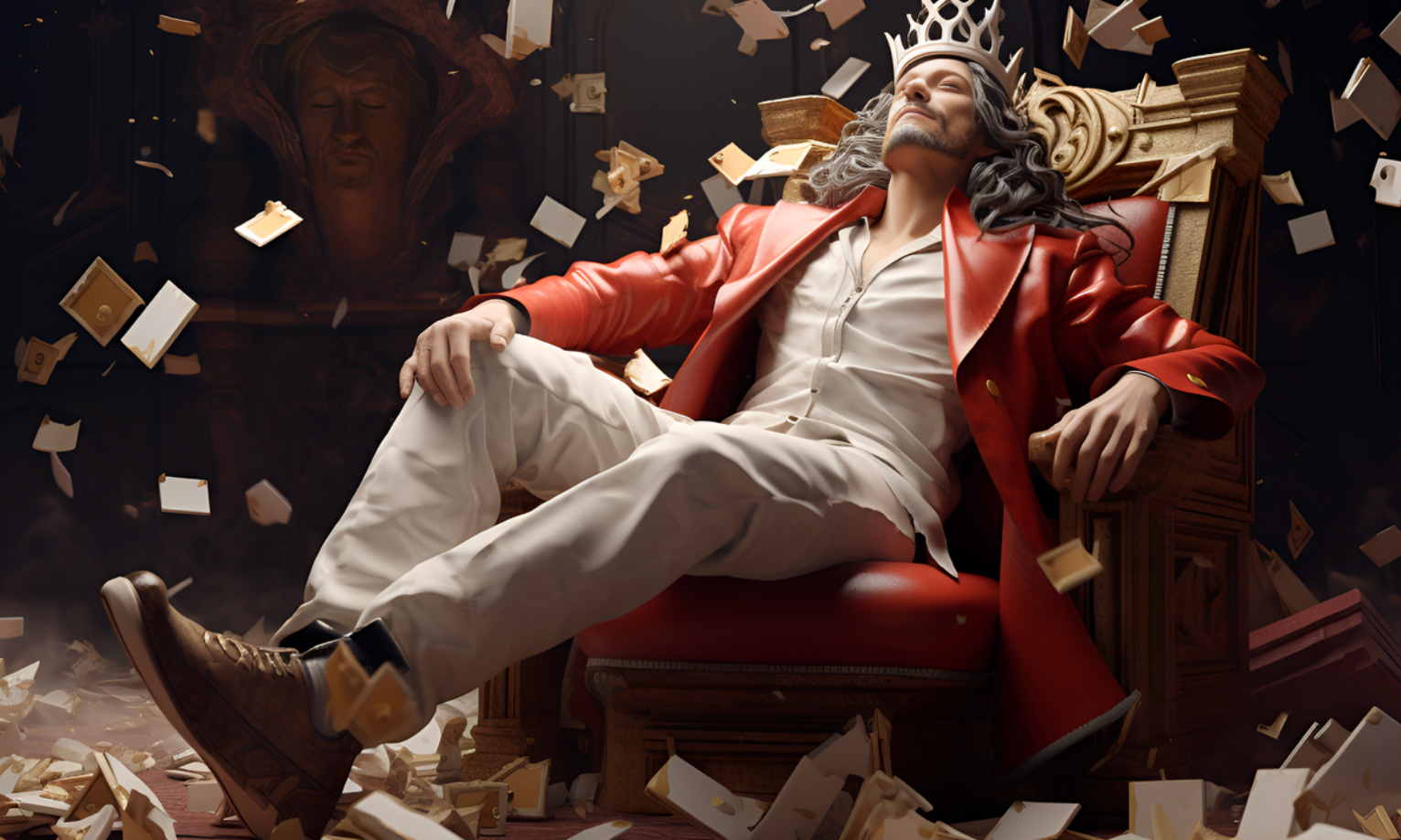
Image Source: Generated by Wujie AI
The palace drama of OpenAI has finally come to the end of the first season:
Sam Altman finally left OpenAI with a visitor's pass and drove with Greg Brockman from California to Washington to join Microsoft.
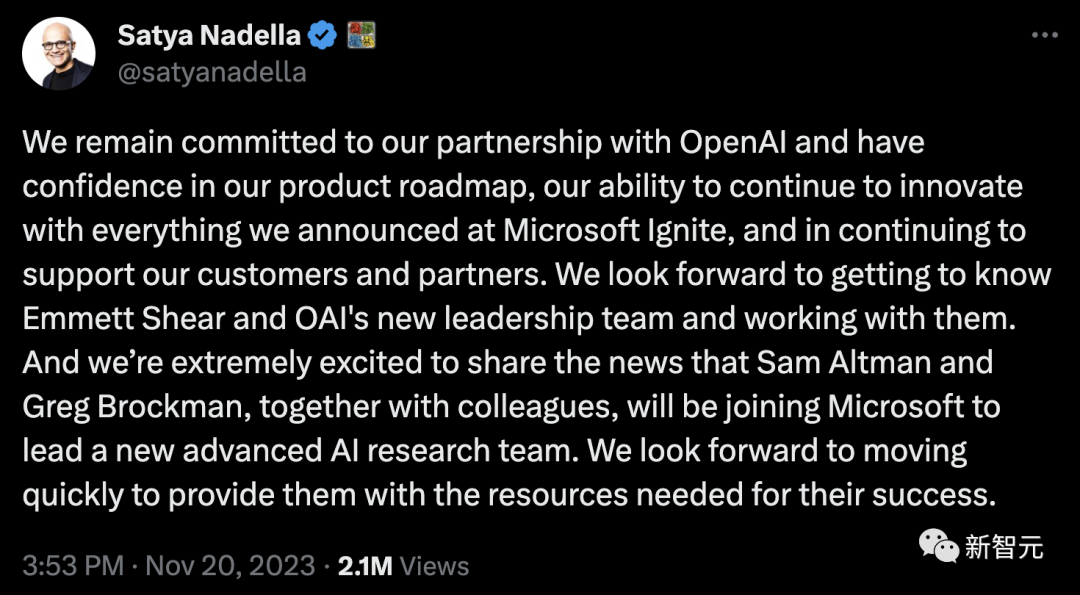
Now, in the OpenAI board of directors, only the chief scientist Ilya Sutskever remains at OpenAI.
This Russian-born AI researcher suddenly moved from behind the scenes to the forefront and became the absolute core of OpenAI.
What direction will this AI scientist, whom Musk called "the most difficult and important recruitment of OpenAI," lead OpenAI to?
And now, out of the 6 bigwigs on the OpenAI board, only 4 remain. What changes have the board members gone through along the way?
To recruit Ilya, Musk did not hesitate to break with Larry Page
Ilya Sutskever was born in Nizhny Novgorod, Russia, when the city was still called Gorky during the Soviet era. He immigrated to Israel with his family at the age of 5 and grew up in Jerusalem.
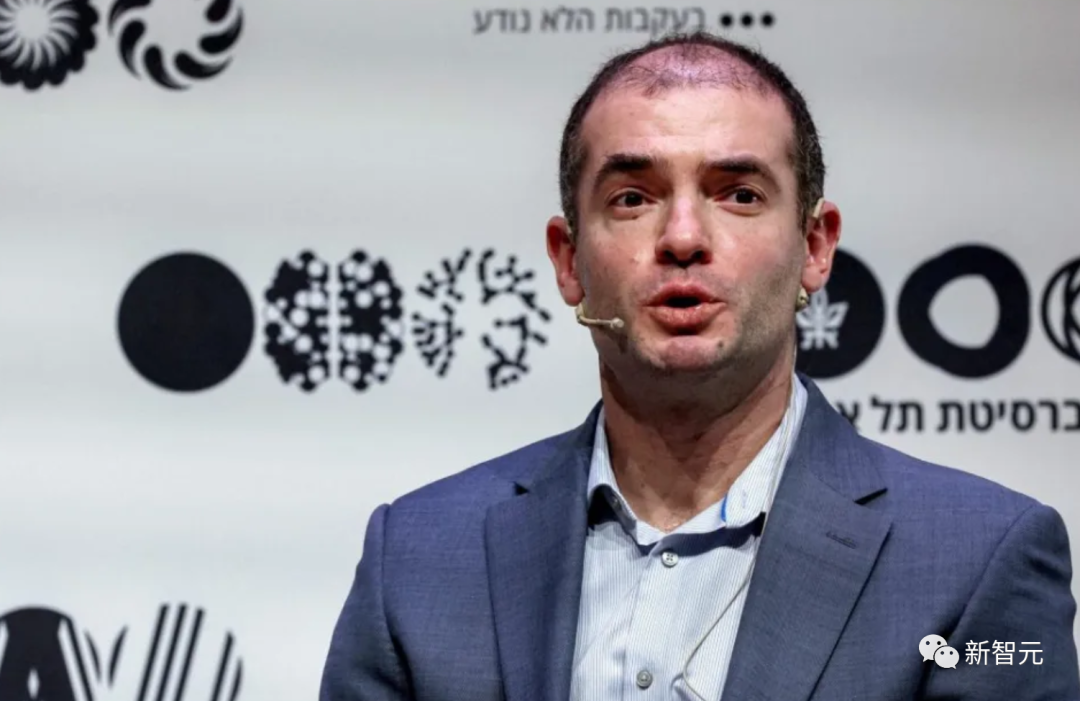
Sutskever studied at the Open University of Israel from 2000 to 2002. After that, he immigrated to Canada with his family and transferred to the University of Toronto.
He received a Bachelor of Science in Mathematics in 2005, a Master of Science in Mathematics in 2007, and a Ph.D. in Computer Science in 2013 from the University of Toronto. His Ph.D. advisor was Geoffrey Hinton.

The AlexNet he developed with Hinton crushed other major companies in the ImageNet competition, increasing recognition accuracy by 60%.
From November to December 2012, Sutskever did a postdoctoral research with Andrew Ng at Stanford University for about two months. After that, at Hinton's invitation, he returned to the University of Toronto and joined Hinton's new research company, DNNResearch.
In the well-known "bidding war among Baidu, Google, DeepMind, and Microsoft," Google emerged victorious and successfully recruited Hinton and Ilya.
After joining Google Brain, Ilya collaborated with two other colleagues to create the "sequence-to-sequence learning algorithm" and participated in the development of TensorFlow.
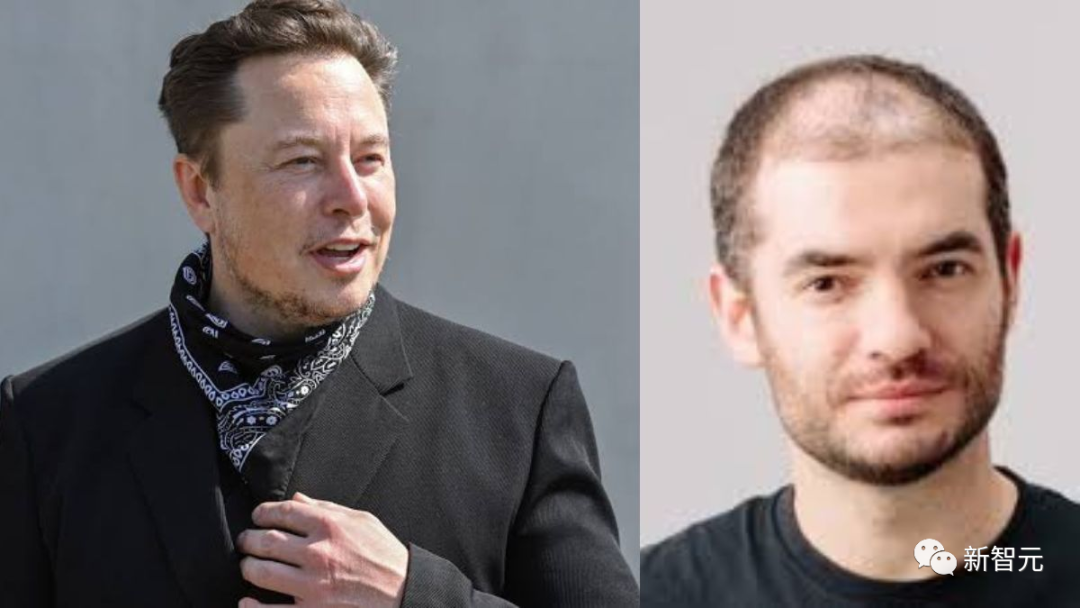
At the end of 2015, he was poached by Musk to join OpenAI as a co-founder and chief scientist.
Musk said in a podcast with Fridman on November 9 that he was able to completely break with the founders of Google because he poached Ilya to OpenAI, which was one of the most difficult recruitment battles he had experienced, but it was indeed crucial to the success of OpenAI.
Musk added, "Sutskever is not only smart, but also a good human—smart, good heart."
The man at the center of power at OpenAI
Last month, Ilya, who has always shied away from the media spotlight, gave a lengthy interview to MIT Technology Review.
The Israeli-Canadian told the magazine that his new research focus is on how to prevent the uncontrollability of super artificial intelligence, even though it does not currently exist.
Earlier this year, based on the same goal, Ilya's mentor, AI pioneer Hinton, left Google.
Hinton warned that the arms race of AI companies is posing a danger to humanity, such as OpenAI's ChatGPT, which is difficult to prevent bad actors from using it for malicious purposes.
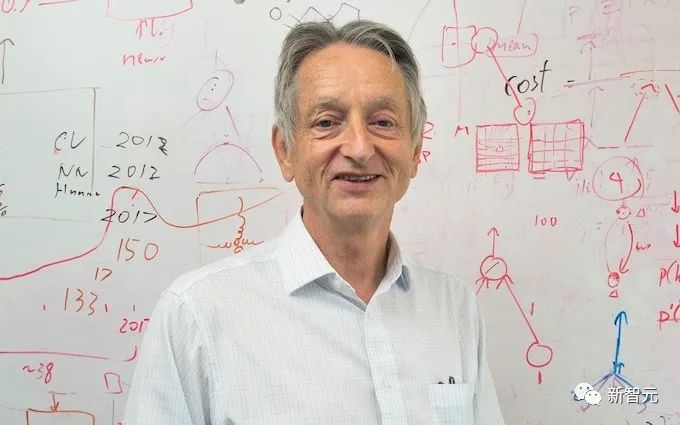
In 2012, Hinton and his two students, including Ilya, developed the famous AlexNet, demonstrating the powerful capabilities of neural networks in pattern recognition—much stronger than commonly recognized.
Later, Google acquired Hinton's company DNNresearch and hired Ilya. During his time at Google, Ilya helped prove that AlexNet's pattern recognition capabilities in images also apply to words and sentences.
After being poached by Musk to OpenAI, Ilya played a key role in developing large language models (LLMs), including GPT-2, GPT-3, and the text-to-image model DALL·E.
The ChatGPT released at the end of last year attracted one billion users in less than two months, sparking the current AI craze.
Ilya said that ChatGPT shows people the potential of artificial intelligence, even though sometimes the results it returns are disappointing.
Ilya's recent focus has been on the potential dangers of artificial intelligence, and he believes that super artificial intelligence could emerge within ten years.
The super artificial intelligence Ilya refers to is not just general artificial intelligence (AGI) that can match humans, but it will be smarter and more powerful than humans.
The debate over the safety of artificial intelligence was the catalyst for the leadership change at OpenAI.
Ilya and Altman have differences in opinions on how to quickly commercialize generative AI products and what steps to take.
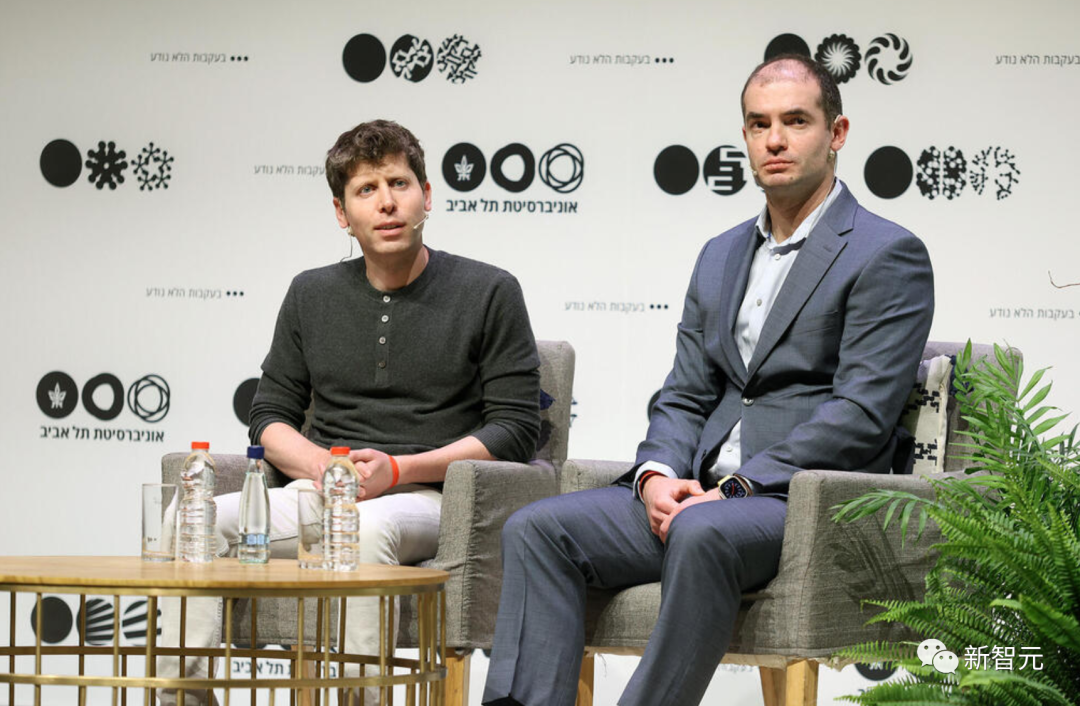
In the interview, Ilya said that no superintelligence built by anyone should be able to betray, and this is very important.
For this reason, what Ilya wants is to guide artificial intelligence systems to align with people's expected goals or ethical principles, rather than pursue unexpected goals.
In July of this year, Ilya and his colleague Jan Leike wrote an OpenAI announcement involving a project on superintelligence alignment.
They warned that while superintelligence could help solve many of the world's most important problems, it could also be very dangerous and could lead to the loss of human agency, and even human extinction.
How much does the OpenAI board know
Altman is out, Brockman resigns, and the palace drama served up by OpenAI is as hot as their own developer conference—compared to development, eating melons is more important.
To better eat melons, the editor here helps everyone sort out a timeline of changes in the OpenAI board.
Has everything today already been foreshadowed in the past? Let's find out.
OpenAI was founded on December 11, 2015, with Elon Musk and Sam Altman serving as co-chairs of the board.
By December 31, 2016, the board added Chris Clark (COO) and Jonathan Levy (Secretary, CFO).
In March 2017, Open Philanthropy donated $30 million to OpenAI, and its founder Holden Karnofsky joined the OpenAI board.
On December 31, 2017, public records show that the board added Greg Brockman (a close friend who entered and left with Altman) and Ilya Sutskever (mentioned earlier as being poached by Mr. Musk).
On February 20, 2018, Musk was removed from the board. The official statement said Musk's departure was to avoid potential conflicts, but reporters reported that leadership disagreements were the main reason.
In March 2018, LinkedIn co-founder and Greylock partner Reid Hoffman joined the board.
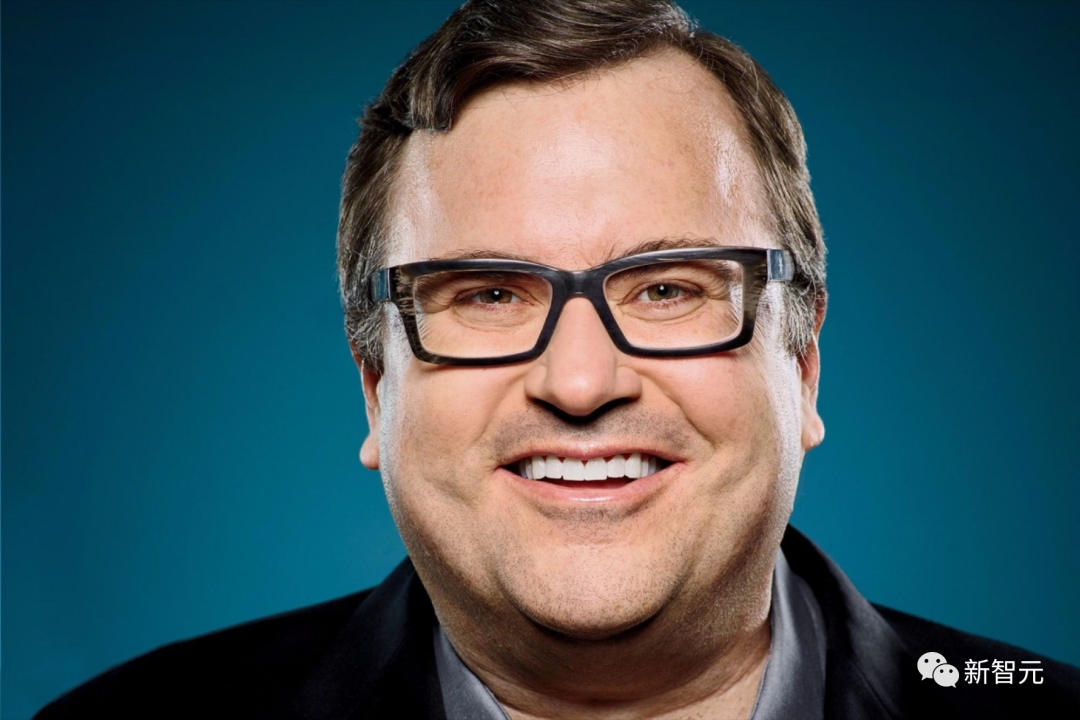
In April 2018, Quora CEO and former Facebook CTO Adam D'Angelo joined the board.
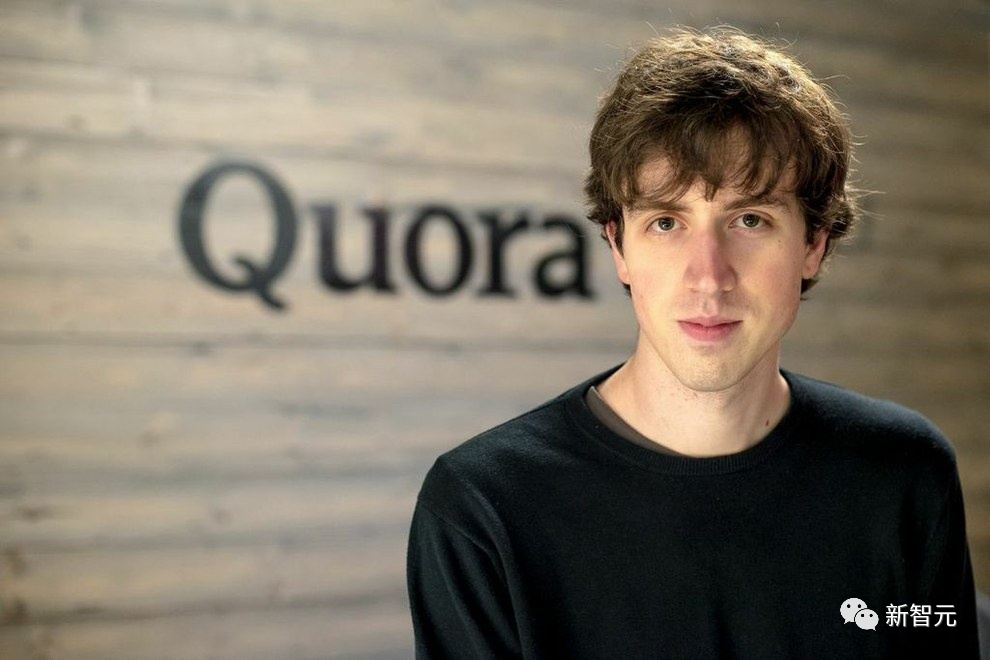
In September 2018, Sue Yoon joined the board. She later left the board in November 2019.
By December 31, 2020, official public records show that the board members were: Ilya Sutskever, Greg Brockman, Sam Altman, Reid Hoffman, Shivon Zilis, Holden Karnofsky, Adam D’Angelo, and Tasha McCauley.
On May 3, 2021, former CIA agent and Republican congressman Will Hurd joined the board.
On September 8, 2021, Helen Toner, Director of the Center for Security and Emerging Technology at Georgetown University and former director of the Open Philanthropy Project at Holden Karnofsky, joined the board.
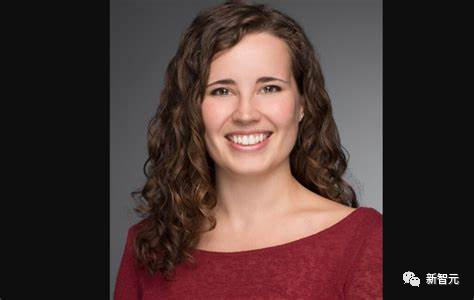
In the fall of 2021, Holden Karnofsky resigned from the board because his wife, Daniela Amodei, is co-founding Anthropic, OpenAI's main competitor, with her brother Dario Amodei.
Given Helen and Holden's connection through the Open Philanthropy Project, and Holden's board seat appearing to be permanent, Helen seems to have been chosen by Holden to take over his seat.
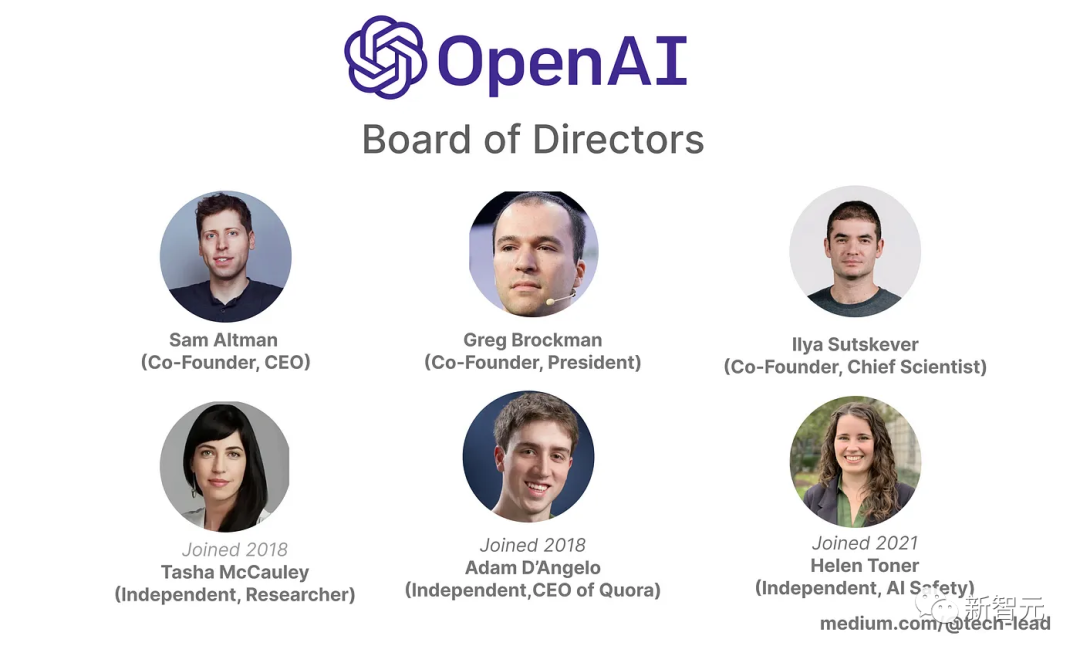
In the days that followed, some people left the board for various reasons, leaving only the famous "Six Bigwigs": Ilya Sutskever, Greg Brockman, Sam Altman, Adam D’Angelo, Tasha McCauley, and Helen Toner.
Reference: Fortune
免责声明:本文章仅代表作者个人观点,不代表本平台的立场和观点。本文章仅供信息分享,不构成对任何人的任何投资建议。用户与作者之间的任何争议,与本平台无关。如网页中刊载的文章或图片涉及侵权,请提供相关的权利证明和身份证明发送邮件到support@aicoin.com,本平台相关工作人员将会进行核查。




